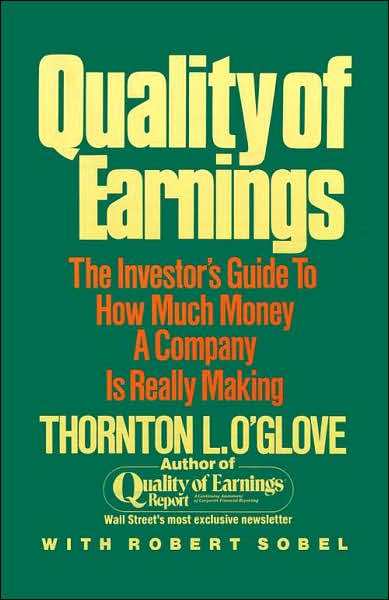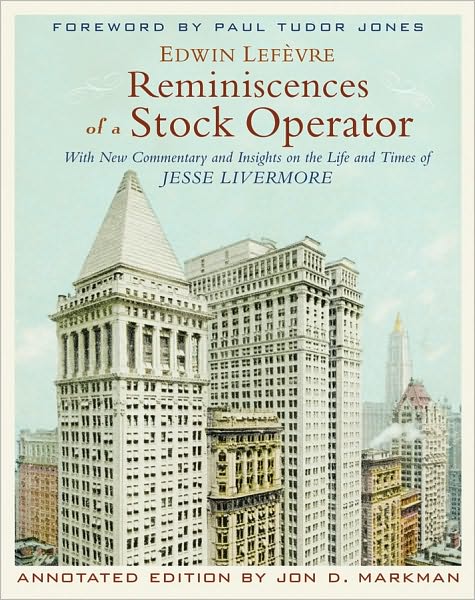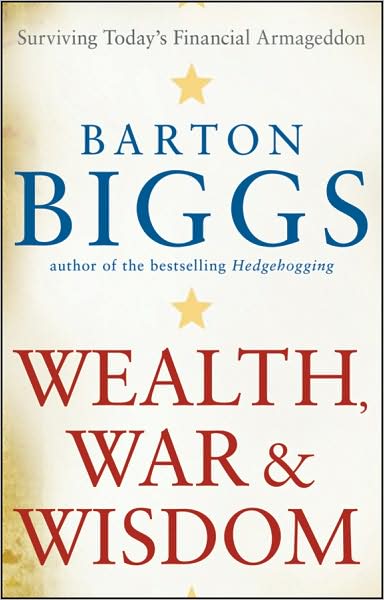Book Review: TradeStream Your Way to Profits
 I like to review books, and I will do it whether I get compensation or not.?? Unlike most reviewers, I read the books that I review, unless I indicate otherwise.? I have read this book.
I like to review books, and I will do it whether I get compensation or not.?? Unlike most reviewers, I read the books that I review, unless I indicate otherwise.? I have read this book.
This is a book designed to show readers where they can find useful resources on the Web for investing.? The author has a long affiliation with Seeking Alpha, an organization that I have supported, and benefited from during my time of blogging.
The book gives readers a panoply of sources to gain investment ideas from: blogs, aggregators, the sites of mainstream publications, data vendors, etc.? He focuses on the social web for investing, showing places where investors can help one another in the search for profits.
Areas that are focused on include:
- Following blogs
- Following professionals through their 13F filings
- Message boards, and their successors
- How to do investment screening
- Following insiders
- Rumors
- Doing fundamental industry research
There is a lot here, and the author handles it well.? I was never bored with this book.? He has a very good selection of sites on the internet for delivering investment information.
Quibbles
Look, any book on the internet and investing is likely to be of limited value 2-3 years out.? Things change that fast.? If you buy that book, pay attention to it and use it rapidly.? The advantages that the book describes will largely be gone by 3 years.
Who would benefit from this book?
Investors that use the internet would benefit from this book.? It will help them find better sources for data, and aid them in navigating the noise of the internet.
If you want to buy this book: TradeStream Your Way to Profits
Full disclosure:
I received this book from the author for free.? If anyone enters Amazon through my website and buys anything, I get a small commission.? I don’t want to do a “tip jar.”? If you get value from what I do, and you need something where Amazon offers you the best price, buy it there, after entering through my site.? Amazon pays me, and you pay nothing extra.? What? a great deal.








